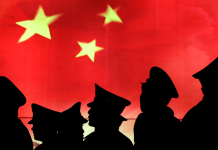China maintains full combat readiness to prevent attempts by outside forces to achieve so-called Taiwan independence, the Chinese defense ministry said on Friday.
“The PLA [People’s Liberation Army of China] troops maintain full-time combat readiness and are capable of fighting at any time, and will take all necessary measures to resolutely thwart external interference and the ‘Taiwan independence’ secessionist plot, and resolutely safeguard China’s national sovereignty and territorial integrity,” the ministry said in a statement, citing spokesman Wu Qian.
The patrols and military exercises in the sea and airspace that were conducted by the Chinese army near Taiwan are directed against the provocative Taiwanese-American collusion, the ministry added.
“China firmly opposed such move by the US side, which seriously violated the one-China principle and the provisions of the three China-US joint communiques, severely undermined the political foundation of China-US relations,” the statement said, commenting on the visit of US Senator Rick Scott, who arrived in Taiwan on Thursday and planned to meet with the island’s authorities.
Taiwan alienated Beijing after becoming a stronghold of the Chinese Nationalist Party (the Kuomintang) which was defeated by the Communist Party in a civil war in 1949.
The Chinese mainland and the island resumed business and informal contact in the late 1980s. Beijing opposes any official contact of foreign countries with Taiwan and considers Chinese sovereignty over the island indisputable.
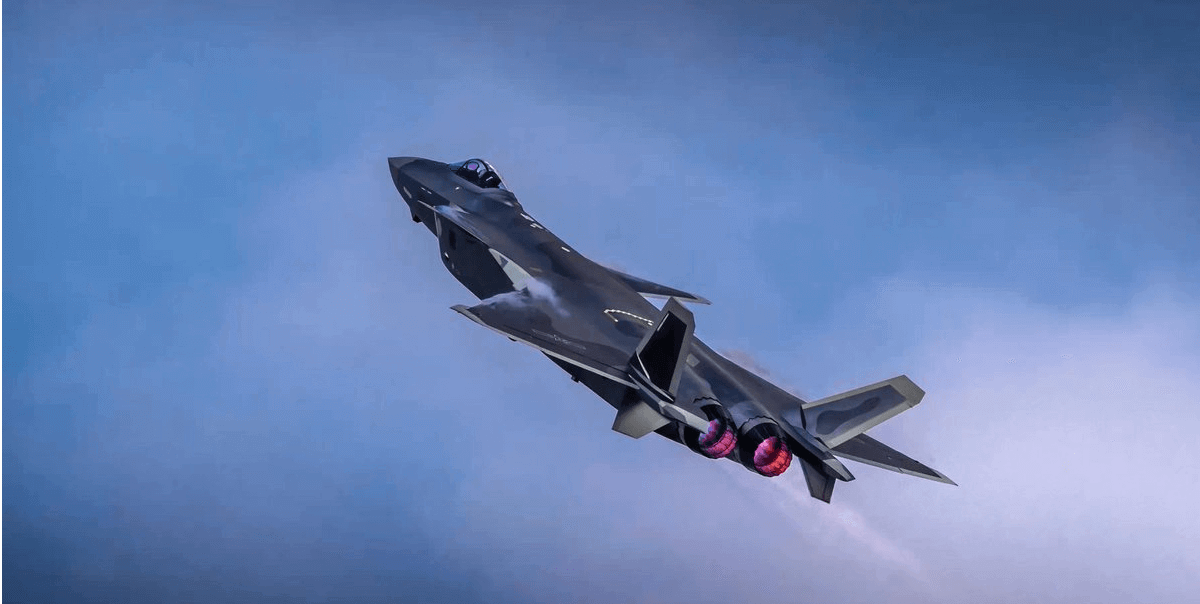
Souring Ties With Australia, Canada
In June this year, Canada accused China of dangerous interceptions of its aircraft over the East China Sea, while Australia complained about it over a Royal Australian Air Force (RAAF) maritime surveillance flight over the South China Sea in a hazardous maneuver.
China considers these flights primarily undertaken by reconnaissance planes as a provocation and has been locking horns with the West over the issue. The American allies flying “regular” missions near China in the international air space have called the Chinese behavior intimidation.
In a recent warning to the two staunch US allies, Canada and Australia, a Chinese defense spokesperson said that those who come uninvited would bear the consequences, Xinhua news agency reported.
The comments were made by Tan Kefei, a spokesperson for the Ministry of National Defense, in reaction to what he termed an exaggeration by Australia and Canada of the alleged “interceptions of their military aircraft” by the Chinese military.
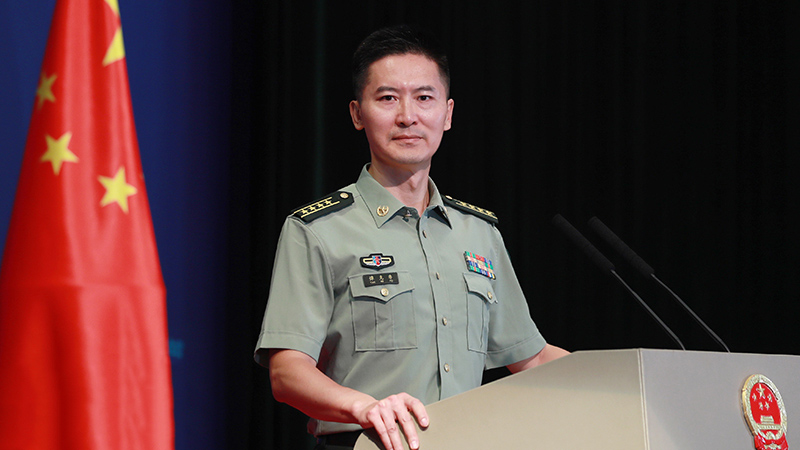
Tan asserted that the Chinese side was entitled to use harsh response measures and that they did it securely and competently. He stressed that China vehemently rejects such actions and called relevant nations to stop misleading campaigns.
The spokesperson said that the Canadian military aircraft have increased close-in reconnaissance and provoked the Chinese side to carry out UN Security Council resolutions, undermining China’s national security.
Further, he stated that the Australian military aircraft entered the airspace near China’s Xisha Islands for close-in reconnaissance and continued to approach the territorial airspace of the Xisha Islands despite repeated warnings from China.
Additionally, he encouraged those nations to end measures that threaten China’s national security, heighten air and sea tensions, and take decisive steps to preserve peace and stability in the region.
The Xisha Islands, often referred to as the Paracel Islands and the Hoang Sa Archipelago, are contested areas between China and several other nations. Beijing de facto governs the Xisha islands, which China and Vietnam claim as their sovereign territory.
It is noteworthy that China claims most of the South China Sea as its sovereign territory and has several territorial disputes with Southeast Asian countries. It has also reportedly militarized the artificial islands it has built in the region and frequently runs into encounters with the United States and its allies.
Dangerous Interceptions
Canada stated in early June that Chinese aircraft had engaged in risky intercepts over the East China Sea that could have resulted in a collision.
A multinational operation to implement UN sanctions against North Korea had sent Canadian planes to Japan. EurAsian Times reported that Ottawa warned Chinese aircraft of flying ‘dangerously close’ to its CP-140 maritime patrol aircraft.
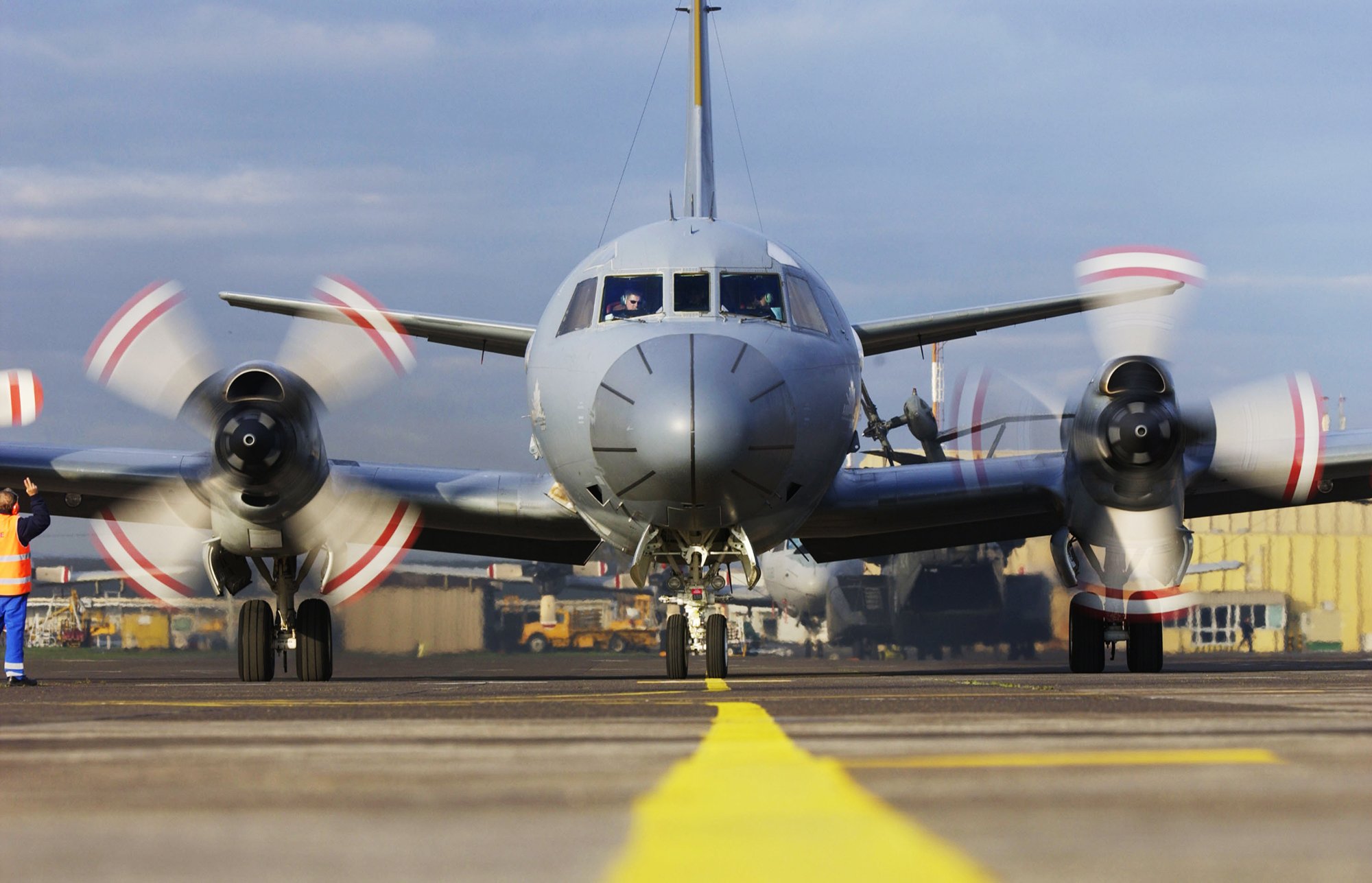
According to the Canadian Armed Force, the Chinese fighter pilots have been engaging in risky interceptions of reconnaissance aircraft since December of last year, at times making eye contact and raising their middle fingers.
Canada-based Global News noted that Chinese fighter jets had conducted over 60 of these intercepts, more than two dozen of which have been deemed risky.
Shortly after the claims made by Canada, the Australian Defense Department said in a statement that “a RAAF P-8 maritime surveillance aircraft was intercepted by a Chinese J-16 fighter aircraft during a routine maritime surveillance activity in international airspace in the South China Sea region”.
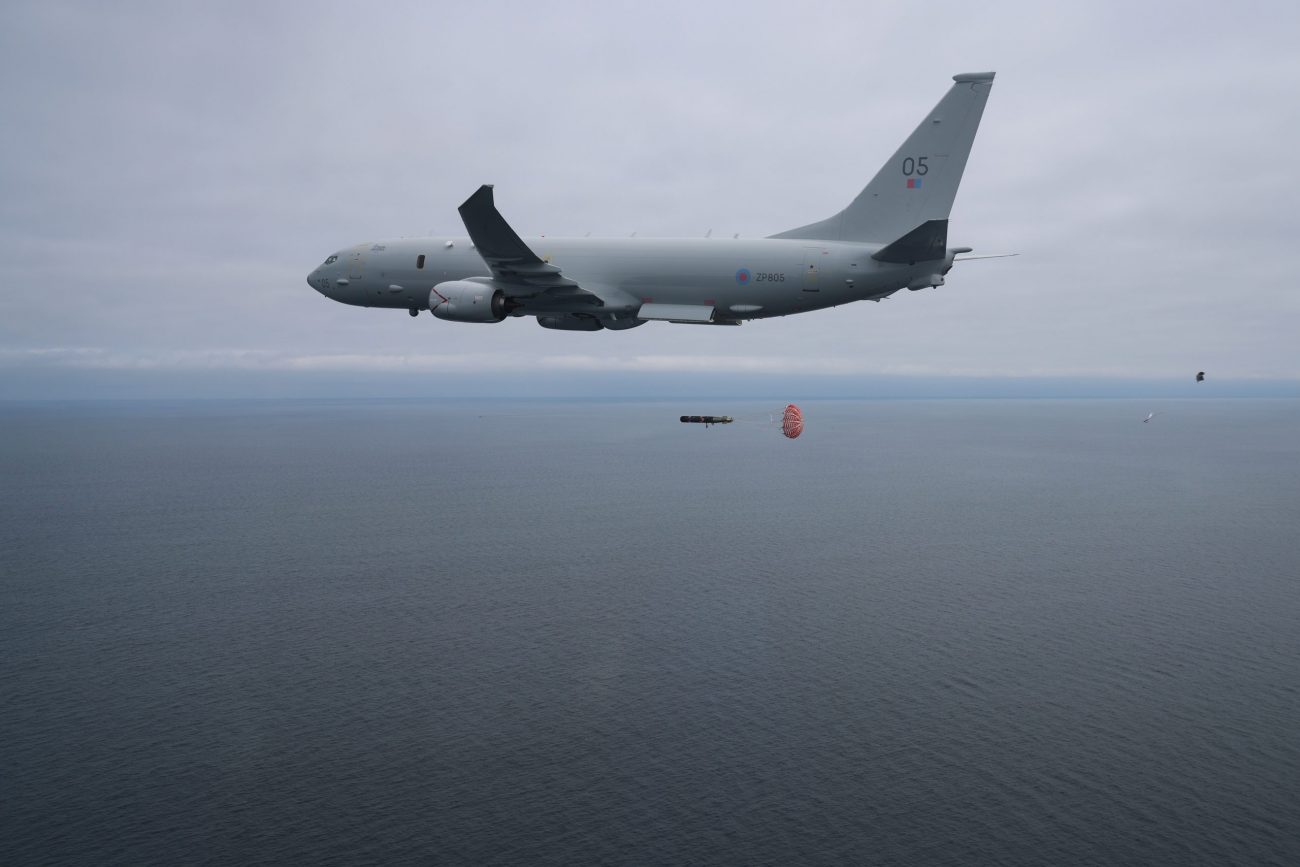
In the incident that reportedly took place on May 26, the Chinese aircraft “flew very close to the side of the [Australian] P-8 maritime surveillance aircraft” and then “released flares,” Defense Minister Richard Marles told reporters.
Military aircraft typically discharge flares or chaff as a deliberate countermeasure to deceive missiles, but it is also possible to sabotage an aircraft while it is in flight. The PLA Air Force’s use of these countermeasures (chaff/flare) has the potential to physically damage the intercepted aircraft, putting the life of the pilot in jeopardy.
However, undeterred by the dangerous maneuver it was caught in, a second Australian P-8 surveillance aircraft took off from the Clark base in the Philippines and flew another sortie over the disputed South China Sea. The intercepted aircraft, however, did not fly a sortie for a week.
?? The Royal Australian Air Force sent a clear message; they would not be deterred from patrolling the South China Sea, and sent a second P-8A Poseidon into the SCS just hours after the first was "chaffed", and its mission cut short.
— Steffan Watkins (@steffanwatkins) June 22, 2022
Both Australia and Canada are part of the five-eye alliance or intelligence-sharing arrangement between the US, the UK, Canada, Australia, and New Zealand.
While Canada and Australia have accused China of dangerous maneuvers that endanger the security of its planes and crew, Beijing has denied these claims and has accused the western countries of making complaints while being culpable in the first place.
Tensions have been steadily rising between China and the western allies, especially in the Indo-Pacific region, with both sides trading barbs against each other and pursuing activities inimical to each other’s interests.
- Contact the author at sakshi.tiwari9555@gmail.com
- Inputs from Sputnik News Agency
- Follow EurAsian Times on Google News




